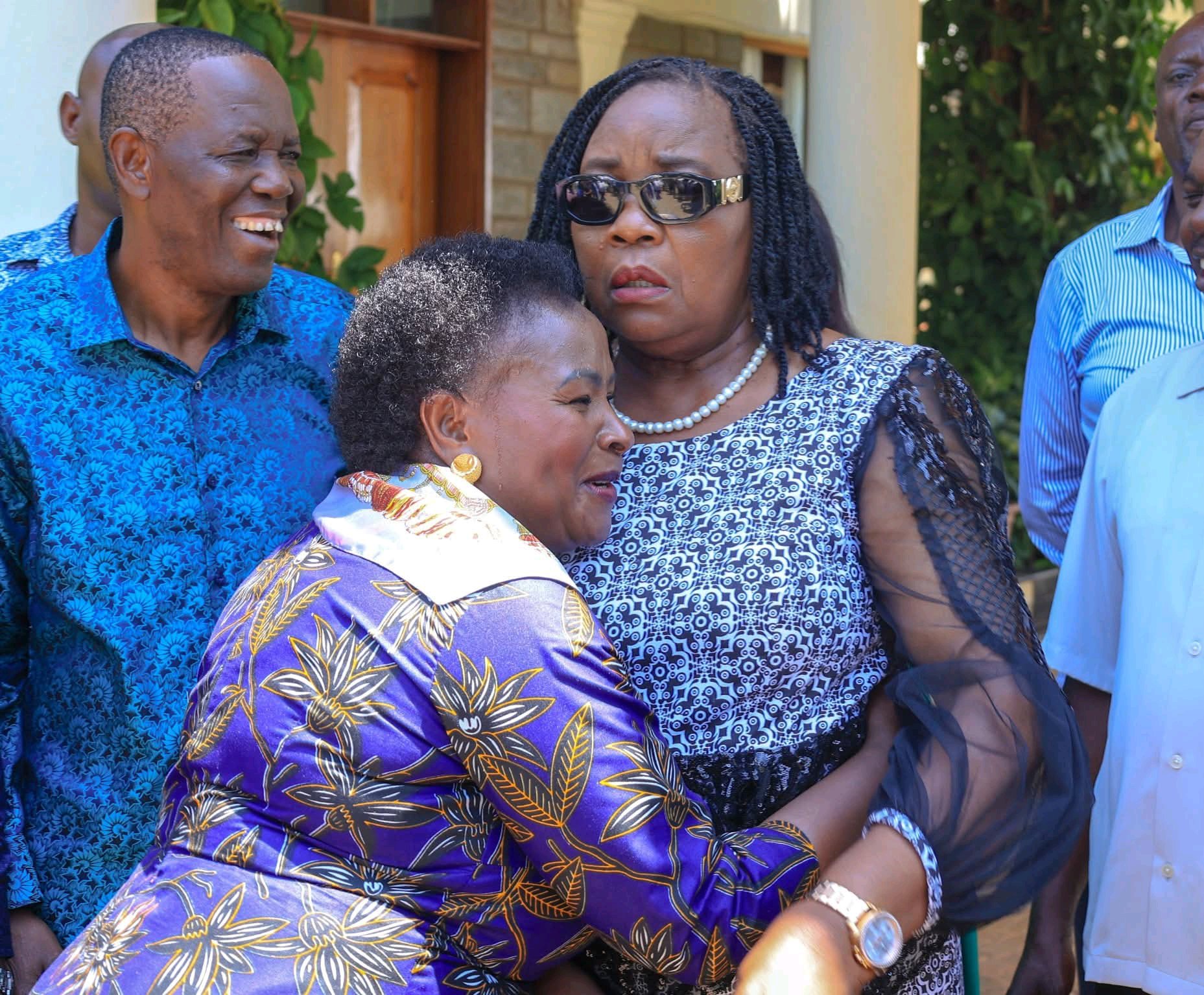There are lies we tell the world. But the most dangerous ones are the lies we tell ourselves—quiet, convenient, and often convincing enough to feel like truth.
“I’m fine.” “It didn’t hurt.” “It doesn’t matter anymore.” We say them without flinching, sometimes even with a smile. Not because they’re true, but because they’re easier. Because the truth is messy. It demands vulnerability, honesty, and courage we don’t always feel ready to give. But have you ever stopped to ask: What do I gain by lying to myself? And what am I losing?
There was a time when silence felt like safety. When pretending not to care helped me sleep at night. When moving on too fast made me look strong. But all that pretending slowly chips away at something real—the chance to truly heal.
We’ve been taught that strength looks like composure. Like being “unbothered.” Like carrying pain with grace and never letting it show. So we perform—on social media, at school, with friends. We wear masks labeled “strong,” “independent,” “unshaken.” But beneath them? Fear. Anger. Grief. Longing.
The worst part? These lies aren’t always dramatic. They’re subtle, soft-spoken, dressed in good intentions. Staying in unhealthy relationships and calling it “patience.” Minimizing our needs and calling it “humility.” Ignoring our emotions and calling it “discipline.” Working ourselves into burnout and calling it “hustle.”
We lie to ourselves to avoid conflict, to avoid change, to avoid facing the parts of us we’re not proud of. But can you really grow in a life that’s built on self-denial?
What truth am I afraid to face? What lie have I been rehearsing for so long it now feels like a personality trait? Who am I when no one is watching and I stop pretending?
We’re told that healing looks like calm, peace, poetry. But sometimes healing is chaos. It’s ugly crying, confusion, relapses, and starting over. Healing is not linear. And pretending to be okay isn’t healing—it’s hiding.
Maybe the point isn’t to be okay all the time. Maybe it’s to be real. To be soft where you once hardened. To admit what hurt you, what shaped you, and what you still haven’t figured out. That kind of honesty? That’s power.
So let me ask again: Are your pretty little lies protecting you—or keeping you stuck? The truth may be uncomfortable. It may shake what you thought you knew. But it also frees you. It opens the door to becoming someone more honest, more grounded, more whole.
Start by telling yourself the truth, even if it’s just in whispers. I’m still healing. I still miss them. I deserved better. I’m allowed to be tired. I want more.
Your story doesn’t have to be picture-perfect. It just has to be yours. So next time you catch yourself performing strength, ask: Is this the truth—or just another lie that sounds good? Because the world doesn’t need a perfect version of you. It needs a present one. An honest one. A healing one. And that starts when we stop hiding behind pretty little lies.



